Read the latest news on coronavirus in Delaware. More Info
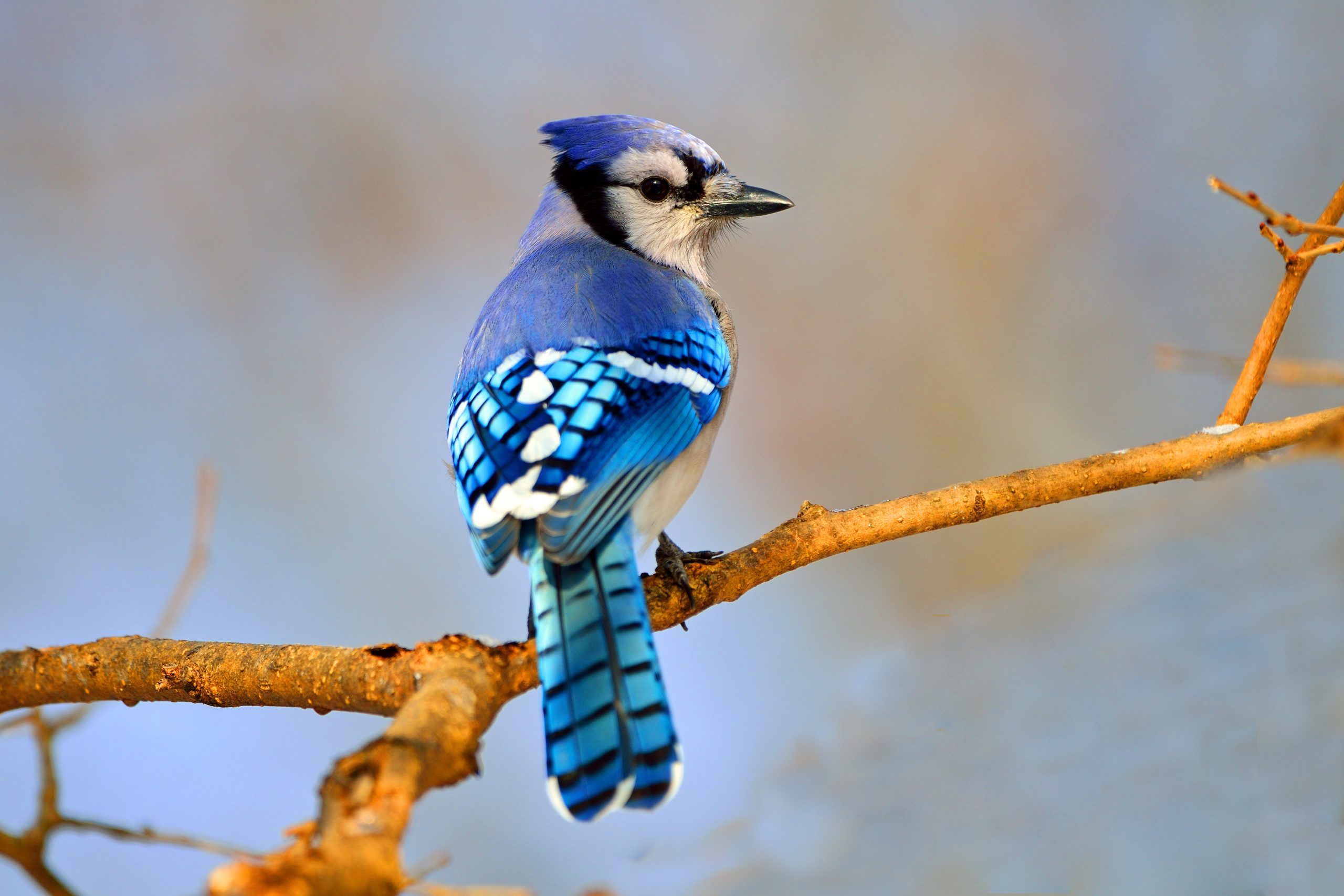
Blue Jay Sitting on a Branch. Brian E. Kushner/stock.adobe.com
Investigation into Mysterious Songbird Mortality Event Continues
Occurrences of a mysterious songbird illness and mortality event have decreased in the state to the extent that the Delaware Department of Natural Resources and Environmental Control has lifted an advisory issued in June asking that the public temporarily discontinue use of bird feeders and baths. The advisory was initially issued as a precaution to minimize the spread of the still-unknown cause of the songbird mortality event.
The following procedures are recommended for resuming use of bird feeders and baths:
- Initially thoroughly clean bird feeders and baths with a 10% bleach solution and weekly thereafter
- Remove bird feeders and baths if sick or dead birds are observed
- Avoid handling wild birds, wearing disposable gloves if it is necessary to handle a bird
- Keep pets away from sick and dead wild birds
Since late May, wildlife agencies and wildlife rehabilitators in more than 10 states and Washington D.C. have responded to public reports of sick and dying songbirds, more than 150 reports made in Delaware. Affected birds typically exhibit symptoms to include eye swelling and squinting, crusty discharge around the eyes or neurologic symptoms such as erratic flight and stumbling, often followed by the death of the bird. Juvenile birds appear to be more affected than adults, with European starlings, blue jays, northern cardinals and American robins the most reported affected species.
Investigating agencies and organizations continue working cooperatively with animal diagnostic laboratories to identify the cause of this illness. While the cause of the songbird mortality event is not yet known, none of the following pathogens have been detected in sick or diseased birds to date: Salmonella and Chlamydia, avian influenza virus, West Nile and other flaviviruses, Newcastle disease virus and other paramyxoviruses, herpesviruses and poxviruses and Trichomonas parasites. No human health, domestic livestock or poultry issues have been reported in association with the bird mortality event.
Observations of live songbirds in Delaware exhibiting the above-mentioned symptoms can be reported to Tri-State Bird Rescue & Research at 302-737-9543. Additional information can be found on the organization’s website: www.tristatebird.org. A dead songbird seen to have displayed any of the aforementioned symptoms can be reported to the DNREC Division of Fish and Wildlife at 302-735-3600.
About DNREC
The Delaware Department of Natural Resources and Environmental Control protects and manages the state’s natural resources, protects public health, provides outdoor recreational opportunities, and educates Delawareans about the environment. The DNREC Division of Fish and Wildlife conserves and manages Delaware’s fish and wildlife and their habitats, and provides fishing, hunting, wildlife viewing and boating access on nearly 65,000 acres of public land. For more information, visit the website and connect with @DelawareDNREC on Facebook, Twitter or LinkedIn.
Media Contacts: Nikki Lavoie, nikki.lavoie@delaware.gov; Michael Globetti, michael.globetti@delaware.gov
###
Related Topics: advisory, birds, dead birds, songbird, songbird mortality event, wildlife
Keep up to date by receiving a daily digest email, around noon, of current news release posts from state agencies on news.delaware.gov.
Here you can subscribe to future news updates.

Blue Jay Sitting on a Branch. Brian E. Kushner/stock.adobe.com
Investigation into Mysterious Songbird Mortality Event Continues
Occurrences of a mysterious songbird illness and mortality event have decreased in the state to the extent that the Delaware Department of Natural Resources and Environmental Control has lifted an advisory issued in June asking that the public temporarily discontinue use of bird feeders and baths. The advisory was initially issued as a precaution to minimize the spread of the still-unknown cause of the songbird mortality event.
The following procedures are recommended for resuming use of bird feeders and baths:
- Initially thoroughly clean bird feeders and baths with a 10% bleach solution and weekly thereafter
- Remove bird feeders and baths if sick or dead birds are observed
- Avoid handling wild birds, wearing disposable gloves if it is necessary to handle a bird
- Keep pets away from sick and dead wild birds
Since late May, wildlife agencies and wildlife rehabilitators in more than 10 states and Washington D.C. have responded to public reports of sick and dying songbirds, more than 150 reports made in Delaware. Affected birds typically exhibit symptoms to include eye swelling and squinting, crusty discharge around the eyes or neurologic symptoms such as erratic flight and stumbling, often followed by the death of the bird. Juvenile birds appear to be more affected than adults, with European starlings, blue jays, northern cardinals and American robins the most reported affected species.
Investigating agencies and organizations continue working cooperatively with animal diagnostic laboratories to identify the cause of this illness. While the cause of the songbird mortality event is not yet known, none of the following pathogens have been detected in sick or diseased birds to date: Salmonella and Chlamydia, avian influenza virus, West Nile and other flaviviruses, Newcastle disease virus and other paramyxoviruses, herpesviruses and poxviruses and Trichomonas parasites. No human health, domestic livestock or poultry issues have been reported in association with the bird mortality event.
Observations of live songbirds in Delaware exhibiting the above-mentioned symptoms can be reported to Tri-State Bird Rescue & Research at 302-737-9543. Additional information can be found on the organization’s website: www.tristatebird.org. A dead songbird seen to have displayed any of the aforementioned symptoms can be reported to the DNREC Division of Fish and Wildlife at 302-735-3600.
About DNREC
The Delaware Department of Natural Resources and Environmental Control protects and manages the state’s natural resources, protects public health, provides outdoor recreational opportunities, and educates Delawareans about the environment. The DNREC Division of Fish and Wildlife conserves and manages Delaware’s fish and wildlife and their habitats, and provides fishing, hunting, wildlife viewing and boating access on nearly 65,000 acres of public land. For more information, visit the website and connect with @DelawareDNREC on Facebook, Twitter or LinkedIn.
Media Contacts: Nikki Lavoie, nikki.lavoie@delaware.gov; Michael Globetti, michael.globetti@delaware.gov
###
Related Topics: advisory, birds, dead birds, songbird, songbird mortality event, wildlife
Keep up to date by receiving a daily digest email, around noon, of current news release posts from state agencies on news.delaware.gov.
Here you can subscribe to future news updates.
"bird" - Google News
August 25, 2021 at 01:33AM
https://ift.tt/3DeZKoF
DNREC to Lift Advisory on Use of Bird Feeders and Baths as Songbird Mortality Decreases - State of Delaware News - news.delaware.gov
"bird" - Google News
https://ift.tt/2s1zYEq
https://ift.tt/3dbExxU
Bagikan Berita Ini

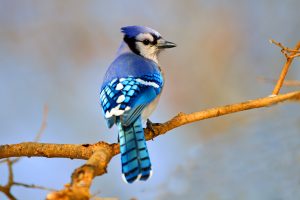


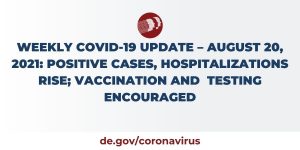
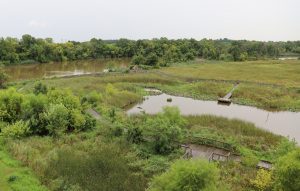
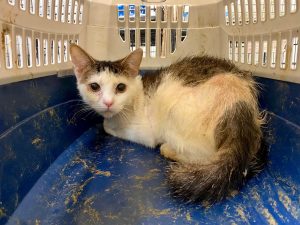

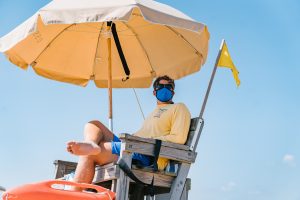




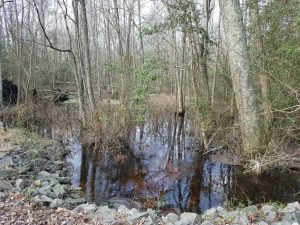
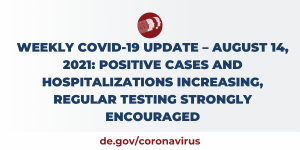

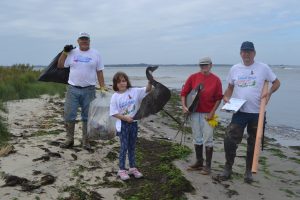

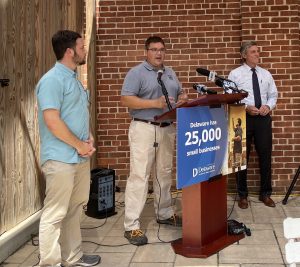

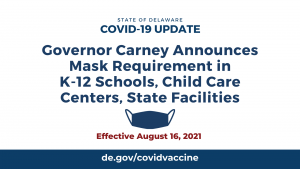



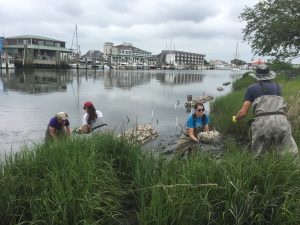

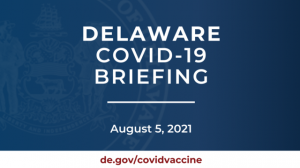
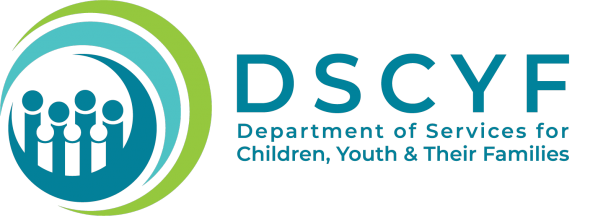

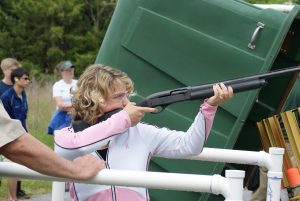

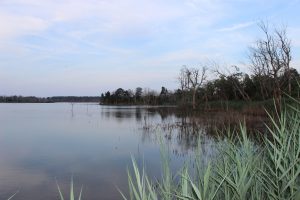


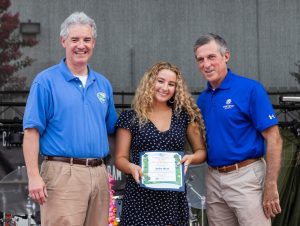


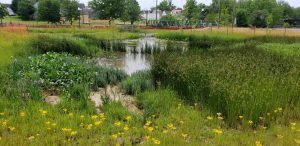





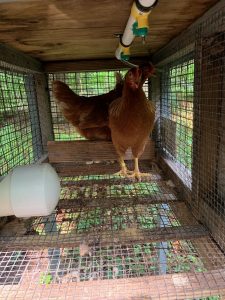





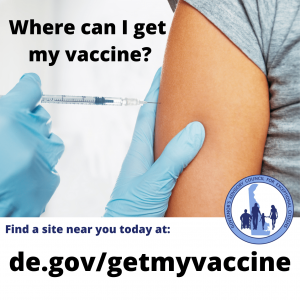
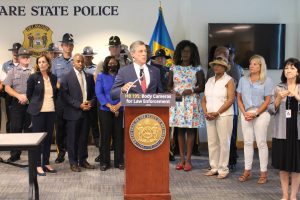

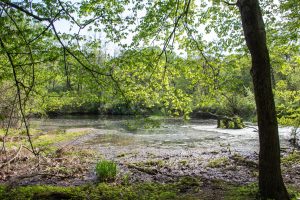
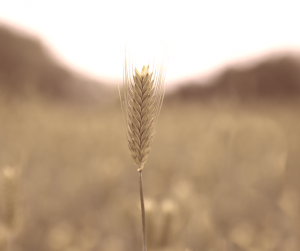
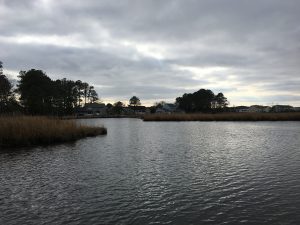

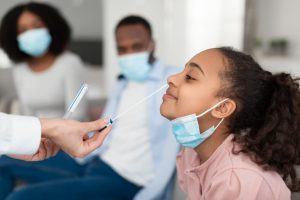

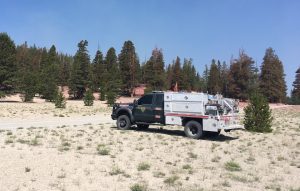

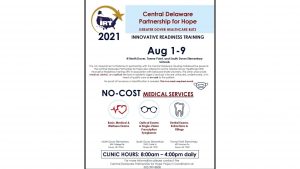



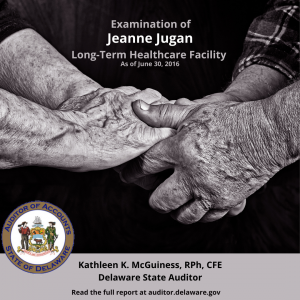

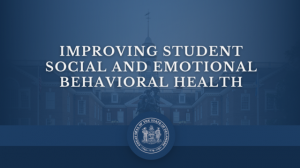
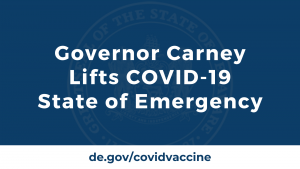



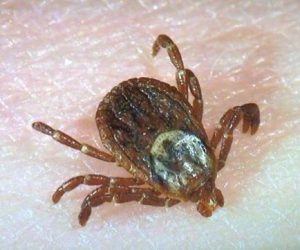

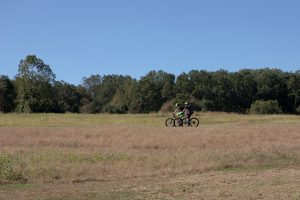



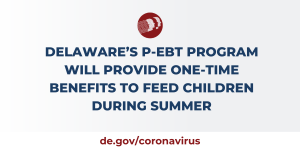


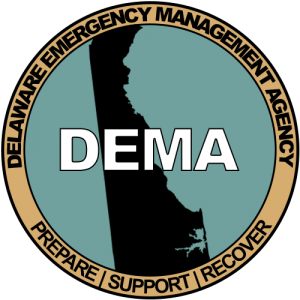




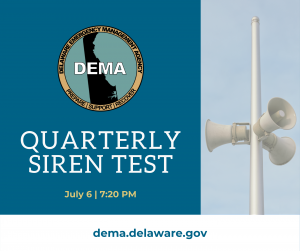















0 Response to "DNREC to Lift Advisory on Use of Bird Feeders and Baths as Songbird Mortality Decreases - State of Delaware News - news.delaware.gov"
Post a Comment